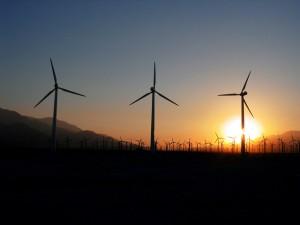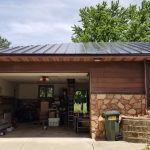The world’s next energy revolution is probably no more than five or ten years away. Cutting-edge research into cheap and clean forms of electricity storage is moving so fast that we may never again need to build 20th Century power plants in this country, let alone a nuclear white elephant such as Hinkley Point.
 The US Energy Department is funding 75 projects developing electricity storage, mobilizing teams of scientists at Harvard, MIT, Stanford, and the elite Lawrence Livermore and Oak Ridge labs in a bid for what it calls the ‘Holy Grail’ of energy policy.
The US Energy Department is funding 75 projects developing electricity storage, mobilizing teams of scientists at Harvard, MIT, Stanford, and the elite Lawrence Livermore and Oak Ridge labs in a bid for what it calls the ‘Holy Grail’ of energy policy.
You can track what they are doing at the Advanced Research Projects Agency-Energy (ARPA-E). There are plans for hydrogen bromide, or zinc-air batteries, or storage in molten glass, or next-generation flywheels, many claiming “drastic improvements” that can slash storage costs by 80pc to 90pc and reach the magical figure of $100 per kilowatt hour in relatively short order.
“Storage is a huge deal,” says Ernest Moniz, the US Energy Secretary and himself a nuclear physicist. He is now confident that the US grid and power system will be completely “decarbonised” by the middle of the century.
The technology is poised to overcome the curse of ‘intermittency’ that has long bedevilled wind and solar. Surges of excess power will be stored for use later at times when the sun sets, and consumption peaks in the early evening.
This transforms the calculus of energy policy. The question for the British government as it designs a strategy fit for the 21st Century – and wrestles with an exorbitant commitment to Hinkley Point – is no longer whether this form of back-up power will ever be commercially viable, but whether the inflection point arrives in the early-2020s or in the late 2020s.
One front-runner – a Washington favourite – is an organic flow battery at Harvard that uses quinones from cheap and abundant sources such as rhubarb or oil waste. It is much cheaper and less toxic than current flow batteries based on the rare metal vanadium. Its reactions are 1,000 times faster.





